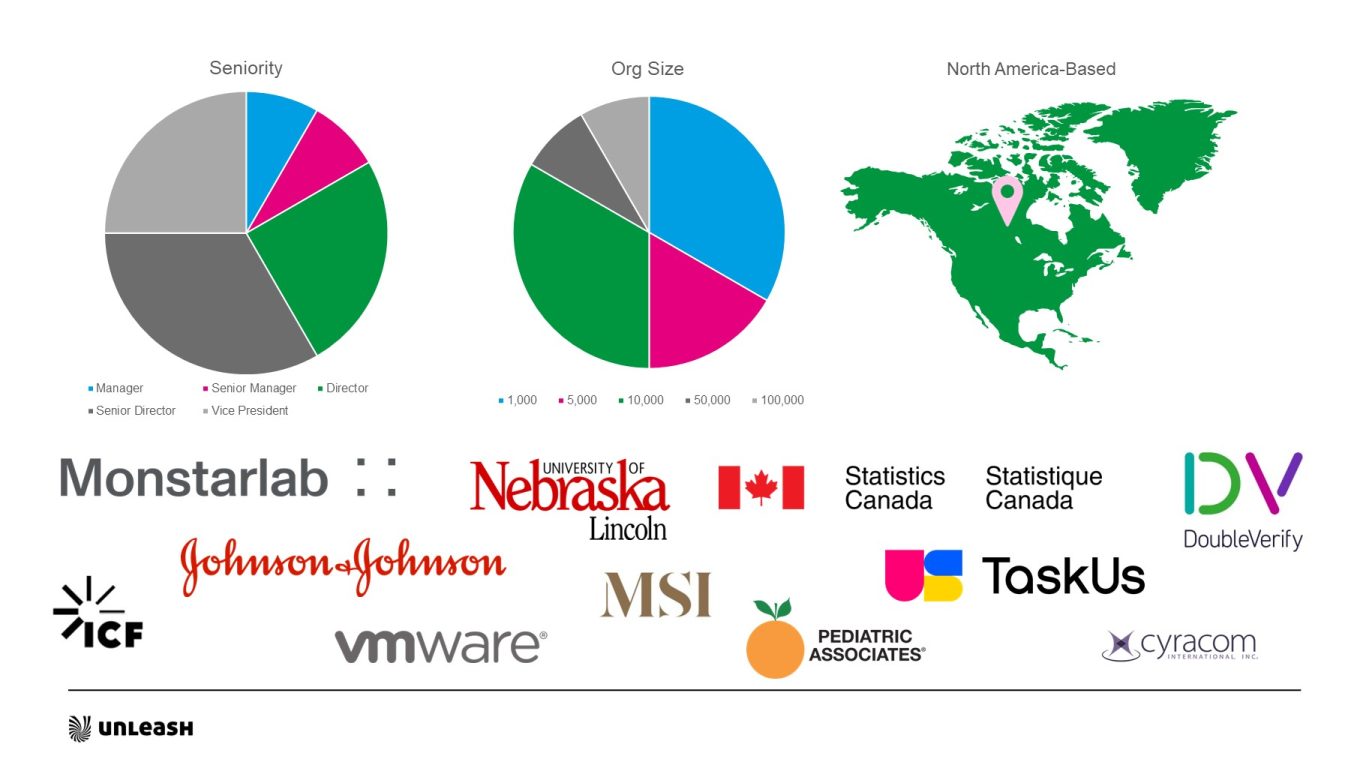HR leader insights: Decreasing costs and optimizing productivity
With HR turning to vendors to optimize multiple processes, attendees to this exclusive UNLEASH roundtable discuss what they worry about regarding implementing technology and where they’ve found fixes.
Why You Should Care
In difficult-at-best macroeconomic conditions, optimizing the cost of HR service delivery matters more than ever: especially as the function is expected to do more (HR workloads have been cited as increasing by over 10% this year) with operating budgets remaining flat.
As such, savvy HR leadership teams are looking at how self-service apps and helpdesk technology are enabling them to cut administrative costs, reduce the time it takes to obtain key information and data and optimize their HR process.
Productivity and efficiency are crucial bywords for top-performing HR teams. Ergo: understanding how to drive towards these with seamless employee experiences and purpose-built people function workflows is crucial for success — and saving costs and time.
The pandemic raised the profile of HR teams — a good thing, as now more executives understand the exact value that people teams provide — with many increasing their remit as a result. However, delivering on an expanded agenda is a challenge when the macroeconomic outlook is tough. Indeed, according to 2023 Gartner figures 25% of HR budgets have been cut this year, compared to only 12% in 2022. This is despite HR, time and time again, being asked to play a central role in change in delivering excellence in day-to-day operations, ensuring people are as productive as ever, and helping drive the necessary business change to futureproof and become resilient in the face of tomorrow’s uncertainty. Often, technology is the solution.
Today’s tech-centric challenges
As the roundtable discussion highlighted, it’s clear that HR sees accessing suitable technology, and implementing it effectively, as crucial to delivering productivity upticks, process optimization, and the associated benefits of unleashing (via attraction, retention, and quality management thanks to world-class employee experiences) its talent. However, there are some challenges.
In the exclusive roundtable conversation of HR leaders, the most prevalent concern (shared by 50% of attendees) was being able to leverage technology to the best of its ability, and properly implement it to deliver the necessary process optimization and productivity benefits. Here, HR leaders from a wide variety of firms laid out how they were worried about maximizing their technology investment, ensuring that they were continuing to optimize and make the right tech purchase choices as their business evolved — whether that be purchasing technology as they scaled up or even diversified an enterprise into multiple stand-alone businesses — getting systems up to speed to access the benefits such as productivity enablement and ROI. Or simply to get the technology supporting full-cycle talent management in a way that is efficient and effective and changes behaviors in the right way.
Other major concerns, shared by 30% of participants, regarded wanting to quickly and effectively understand the HR tech market, cut through sales literature, and speed up the research time. With the amount of time needed to analyze vendor offerings, one attendee asked: “Is the juice even worth the squeeze?” This can be especially difficult for HR leaders who are often not technology experts with the function, historically, not being the most au fait with technology — especially when the cultural and business landscape is in flux, too. It can also be a challenge for HR to understand, as one attendee explained, that technology will often not align perfectly with their people’s conundrums and they will have to process that gap.
Elsewhere, the conversation touched on how to best use AI, automation, and next-generation technology — concerns shared by 30% of attendees — for talent sourcing, management, and turnover reduction, as well as how to cut costs with technology (or obtain the best technology and supporting processes possible, often within a limited budget).
Solutions, solutions, solutions
Despite a raft of worries around how best to use technology to create HR efficiencies, attendees came armed with solutions in what was a lively discussion. As one attendee explained to the group when they were finding out where it was possible to utilize tech-based efficiencies (or take humans out of the process) they took processes apart from the ground up and found where they could use technology i.e. such as using AI in interviewing scheduling with candidates. This helped the business better understand which HR decisions were genuine decisions and which were ‘decision-tree’ processes that could be tech-optimized.
Attendees also shared with each other the importance of showcasing the business case for technology to the board by piloting it in sandbox experiments and sharing the results or looking if potential vendors can scale across all regions, which can help create cost and vendor management efficiencies. Another shared how they don’t flex from their business and HR goals and look for vendors who can truly work with other vendors and flex their solution to the business need, rather than simply adding partway solutions to an already rammed tech stack.
And, to make sure that HR is on top of tech changes, others recommended going for vendors who utilize implementation co-pilots, use technology that can help with ONAs to build out the case for where technology can be used in HR processes, and constantly look for the ROI in all processes, and where vendors have both a history and long future in the market and can support the business in the long run.
As one attendee concluded: “We’re like a tanker trying to move like a cheetah” and we need the technology we choose to support us in that. Ergo, assessing vendors fairly, experimenting, analyzing old needs, and only adding complexity when it is of central importance to the business were things the vast majority of attendees agreed upon. As was support in the here and now.
HR Leader Attendee Demographics

WHY JOIN AN UNLEASH ROUNDTABLE?
Our exclusive virtual Roundtables are designed to explore where HR leaders are focused now, key challenges, and prioritizations for the rest of the year. We’ll dig into what matters most when planning for what’s next and equip you with your future strategy. You’ll be joined by senior HR practitioner peers, allowing an opportunity to discuss personal experiences of challenges and wins, providing the ability to benchmark and reconsider current strategies and tech together.
Check out our upcoming events here: HR Roundtables
Sign up to the UNLEASH Newsletter
Get the Editor’s picks of the week delivered straight to your inbox!

Multiple award-winning journalist, editor and content strategist
Dan is an award-winning HR journalist and editor with over five years experience in the HR space.

